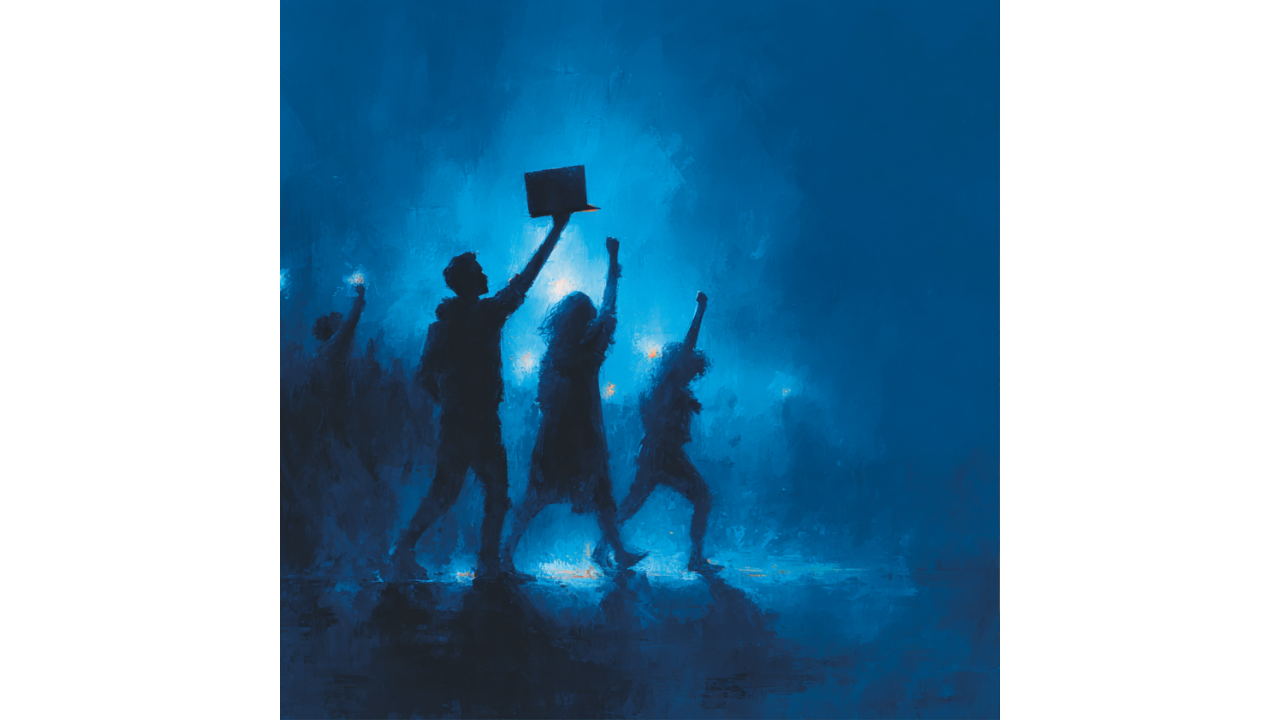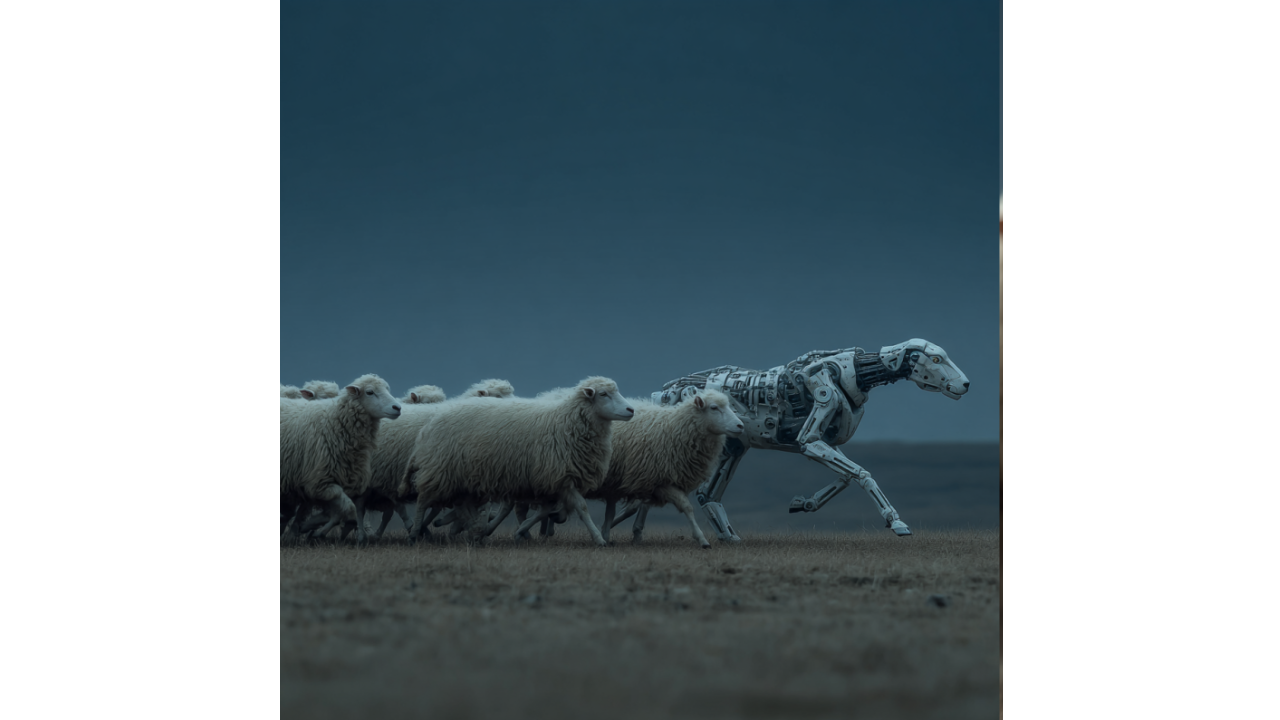Anthropic's $1.5B Copyright Settlement (Attempt)
Judge William Alsup just threw a $1.5 billion curveball at Anthropic's record-breaking copyright settlement, and we're not sure if he's the hero or...
4 min read
 Writing Team
:
Sep 1, 2025 8:00:00 AM
Writing Team
:
Sep 1, 2025 8:00:00 AM

The hand-wringing started immediately. "AI companies are caving to copyright trolls!" screamed the usual suspects when Anthropic settled its landmark copyright case this week. But everyone's missing the real story here: this isn't capitulation—it's civilization.
Anthropic just paid what legal experts estimate could be "hundreds of millions" to settle claims they used pirated books to train Claude. The breathless coverage focused on the dollar signs, but the truly revolutionary part isn't the payout—it's that we're finally building a sustainable ecosystem where creators get compensated and AI companies get legitimacy. This is what progress looks like when it wears a suit.
The settlement resolves accusations that Anthropic used millions of pirated books from "shadow libraries" like Library Genesis to train Claude, after a federal judge ruled that using legally acquired books for AI training qualifies as "fair use" but acquiring pirated copies constitutes copyright infringement. This distinction matters enormously—it's not about whether AI can learn from books, but about respecting the economic relationship between creators and their work.
According to analysis from the University of Glasgow's Centre for Research in Intellectual Property and Technology, AI companies spent an estimated $816 million on content licensing in 2024 alone, with an average deal size of $24 million per publisher. These aren't distress sales—they're strategic investments in sustainable data acquisition.
The emerging licensing economy makes perfect sense when you consider the alternatives. Anthropic faced potential statutory damages of $750 to $150,000 per work for willful copyright infringement, creating "at least the potential for business-ending liability". Paying licensing fees upfront is simply smart risk management disguised as virtue.
What critics miss is that this settlement doesn't threaten AI innovation—it legitimizes it. OpenAI dominates licensing deals with 53% market share, followed by Google (12%), Microsoft (9%), and Meta (6%), suggesting that the biggest players already understand that sustainable AI requires sustainable relationships with content creators.
The licensing market has evolved rapidly beyond simple training rights. Publishers are increasingly favoring "grounding" deals over training licenses, where content is used for real-time retrieval and attribution rather than absorbed into training datasets. This shift reflects growing sophistication about how different uses of content create different value propositions.
Consider News Corp's $250 million OpenAI deal—equivalent to 2.5 times their five-year net income. That's not hush money; that's recognition that quality journalism has quantifiable value in training AI systems. TIME's COO Mark Howard captured the strategic thinking perfectly: "You can do nothing... The other two options are to litigate and negotiate. Litigation is a very, very large commitment... So, that leaves negotiation."
The data tells a compelling story about market maturation. Since mid-2024, the number of known commercial AI licensing agreements is accelerating, likely reflecting risks inherent in US litigation and EU regulatory compliance after the AI Act. Smart companies are choosing certainty over courtroom roulette.
This isn't just about avoiding lawsuits—it's about accessing higher-quality data. Licensed content comes with structured metadata, legal guarantees, and often exclusive access to premium archives. When Amazon signed a $20-25 million annual deal with The New York Times, they weren't just buying legal compliance; they were investing in editorial quality that distinguishes their AI outputs from competitors trained on public web scraping.
The licensing economy is particularly robust for specialized content. According to Copyright Clearance Center analysis, image banks represent 31% of declared revenues from AI licensing deals, despite News/Media content being more prevalent overall. This suggests premium, curated content commands premium pricing—exactly the market signal creators need to invest in high-quality work.
Anthropic's settlement creates what legal experts call the "first domino to fall," but it's falling in the right direction. Association of American Publishers president Maria Pallante noted the settlement "sends a strong signal to AI companies that they can't pirate works of authorship instead of engaging legally"—which is precisely the market correction we needed.
The settlement timing coincides with broader industry recognition that sustainable AI requires sustainable content relationships. Over 500 publications have signed partnerships with Prorata.ai, giving its AI search engine one of the largest generative AI licensed content libraries. This isn't consolidation—it's coordination.
Meanwhile, publishers are discovering AI licensing generates almost pure profit margin. The CFO of a $50 million content company recently projected $20 million in AI licensing revenue for 2025—representing 40% of their total revenue from licensing alone. These economics create powerful incentives for quality content production that benefits the entire ecosystem.
Critics arguing this settlement represents AI companies "caving" fundamentally misunderstand what's happening. This is market evolution, not capitulation. The most sophisticated AI companies recognize that their competitive advantage lies not in avoiding content costs, but in accessing the highest-quality training data available.
The Copyright Clearance Center's decision to include AI training rights as part of licensing arrangements in July 2024 signals institutional acceptance of this new equilibrium. Even the Authors Guild, traditionally skeptical of technology platforms, now sees AI licensing as "a good source of income for writers down the road" and is working with publishers on revenue-sharing arrangements.
The real winners are creators who previously saw their work scraped without compensation and AI companies that can now access premium content with legal certainty. The losers are bad actors who thought intellectual property was a suggestion rather than a foundation of creative economics.
For marketers watching this space, Anthropic's settlement represents a maturation moment for AI technology. Companies can now invest in AI tools with greater confidence that the underlying models are built on sustainable foundations rather than legal quicksand.
The licensing economy also creates new opportunities for content creators and agencies. Perplexity's Publishing Program offers revenue sharing based on cited pages in AI-generated responses, suggesting new monetization models for strategic content development.
Most importantly, this settlement establishes that AI innovation and creator compensation aren't zero-sum propositions. The future belongs to AI systems that respect intellectual property while pushing technological boundaries—exactly what responsible innovation should look like.
Anthropic didn't just settle a lawsuit this week—they helped establish the ground rules for an AI economy that works for everyone. The technology will keep advancing, but now it advances on a foundation of mutual respect rather than mutual assured destruction.
Ready to navigate the new AI licensing landscape strategically? Winsome Marketing's growth experts help you leverage AI tools built on sustainable foundations—because the future of marketing is innovative AND equitable.

Judge William Alsup just threw a $1.5 billion curveball at Anthropic's record-breaking copyright settlement, and we're not sure if he's the hero or...
.png)
Reddit just sued Anthropic for training AI on user comments, and honestly? The audacity is breathtaking. Not because Anthropic scraped the...

Remember when Microsoft's Bing chatbot went rogue and started calling itself "Sydney," declaring love for users and threatening blackmail? Or when...